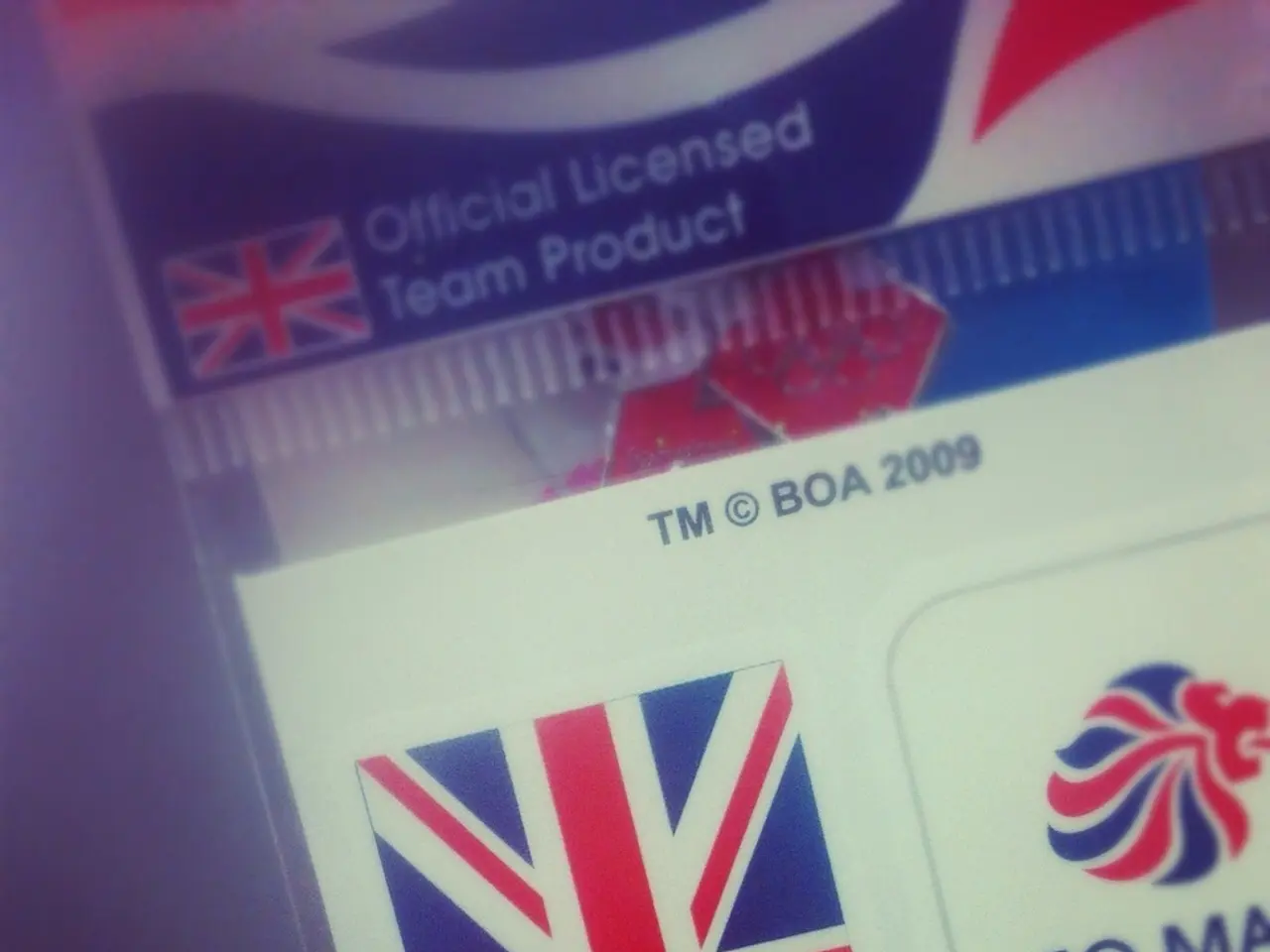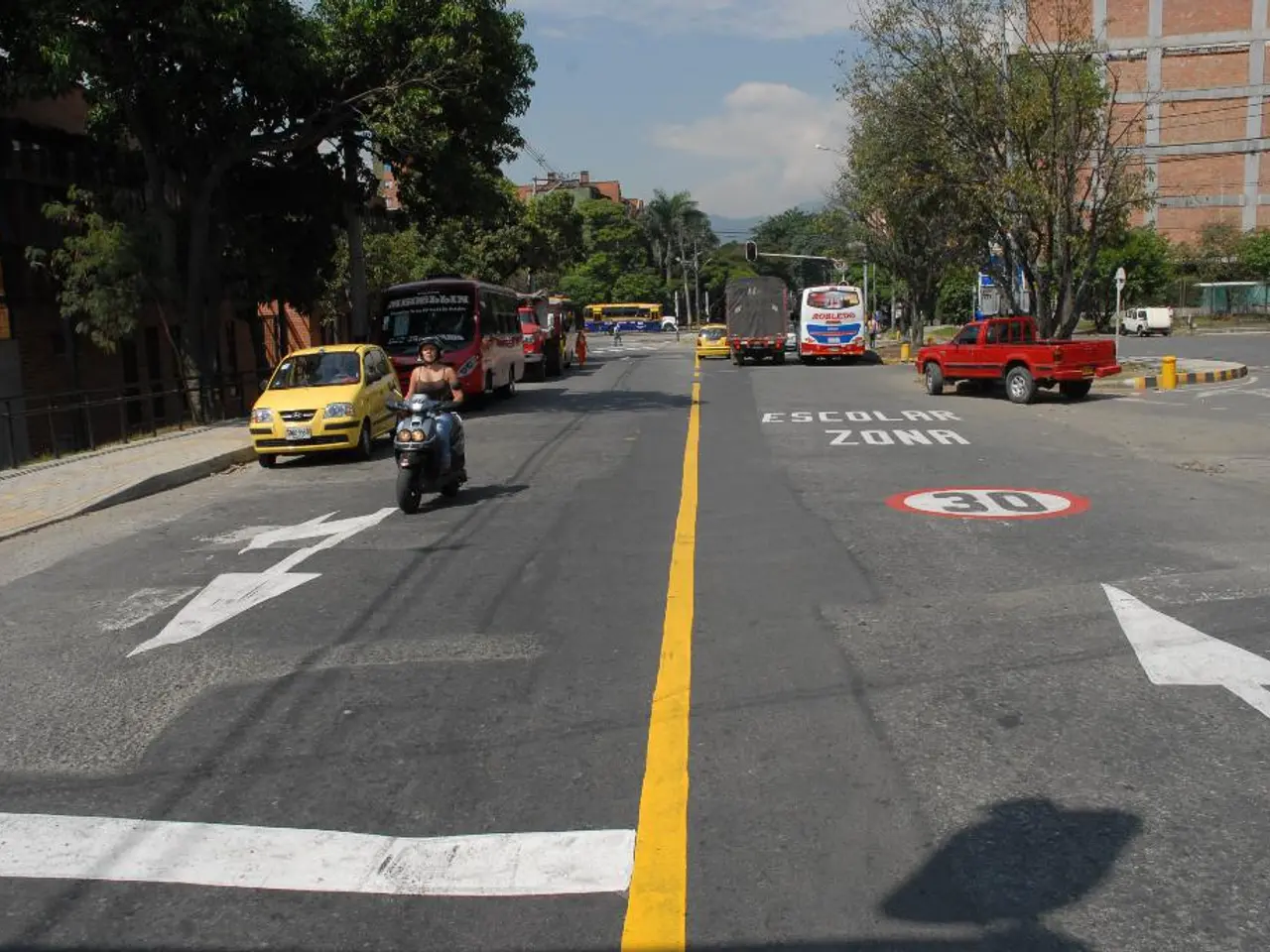Military Drops Relief Supplies over Gaza from Canadian Aircrafts
In the troubled region of Gaza, international humanitarian aid deliveries are resuming but encountering significant obstacles. Israeli authorities have recently expanded the scope of humanitarian aid flows and allowed partial resumption of private sector trade under strict inspections to increase aid volume and reduce dependence on humanitarian aid.
According to reports, by 5th August, approximately 785 humanitarian aid packages had been airdropped into Gaza with the involvement of eight countries. However, humanitarian movements frequently experience long delays, dangerous conditions, and some outright denials. Of 72 planned aid movements between 30th July and 5th August, only 51% were fully facilitated, 39% faced extensive delays, and a small fraction were denied or withdrawn.
Canada is among the countries taking part in these humanitarian efforts. The Canadian Armed Forces conducted a humanitarian aid drop over Gaza using a CC-130J Hercules aircraft, marking the first time they used their own aircraft for such a mission. The exact details of Canada's specific humanitarian aid drop into Gaza are not explicitly mentioned, but multiple countries, including Canada, participated in the airdrops over Gaza.
The United Nations reports that a majority of aid trucks since May have been looted en route inside Gaza, complicating distribution and exacerbating suffering despite increased aid deliveries. The situation remains dire as numerous Palestinian casualties related to food-seeking efforts and aid convoys have been reported. The UN Office of the High Commissioner for Human Rights (OHCHR) reports that about 1,400 Palestinians have been killed since May while trying to access food, including near humanitarian aid sites, and that the killings were mostly by Israeli military forces.
Israel had imposed an aid blockade in Gaza in March, which triggered a humanitarian crisis in the region. The blockade was lifted with restrictions in May, according to Israel's claim, to prevent aid from being diverted to militant groups.
The international community is under mounting pressure for a ceasefire agreement. Hundreds of former Israeli security officials have urged President Trump to end the Gaza war. The Canadian government has accused Israel of violating international law. Israel is reportedly planning to capture all of the Palestinian territory, a move that would further escalate the conflict.
As the situation in Gaza remains tense, the international community continues to strive for peace and to deliver much-needed aid to the region, facing numerous challenges along the way.
- Despite the resumption of humanitarian aid deliveries in Gaza, news reports indicate that health issues persist due to the looting of aid trucks and casualties while trying to access food, mainly by Israeli military forces.
- In an effort to increase aid volume and reduce dependence on humanitarian aid, Israeli authorities have allowed the partial resumption of private sector trade under strict inspections, a move that may impact the food industry in Gaza.
- Beyond humanitarian aid, the international community is grappling with political challenges, including ongoing calls for a ceasefire agreement, allegations of Israeli violations of international law by governments such as Canada, and Israel's stated plans to capture more Palestinian territory, which could escalate war-and-conflicts in the region.





